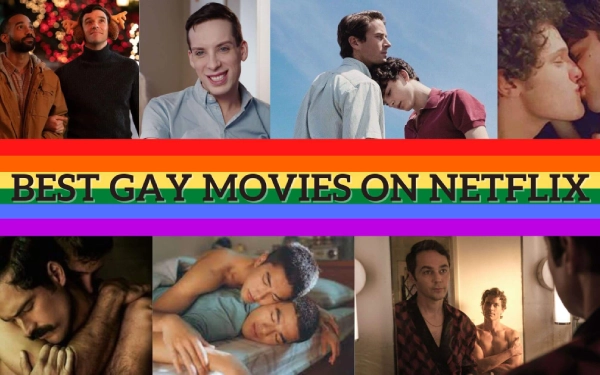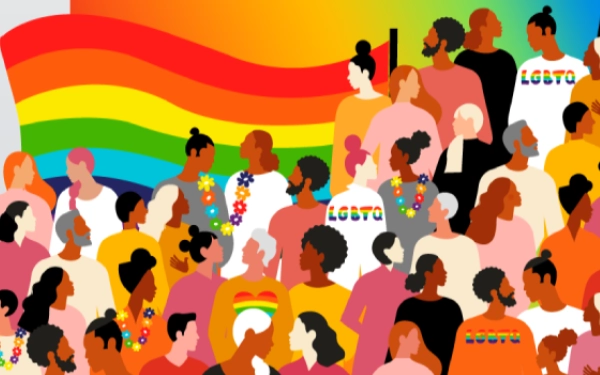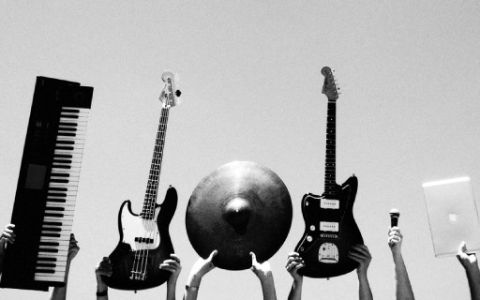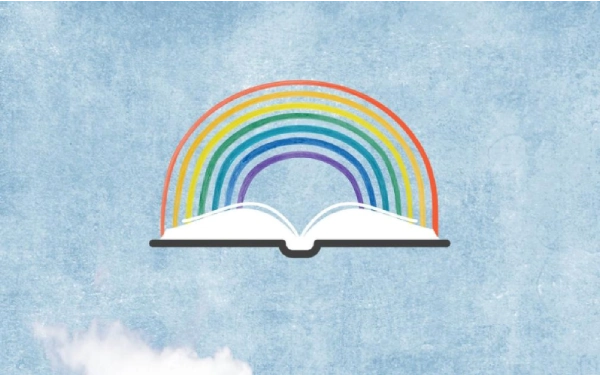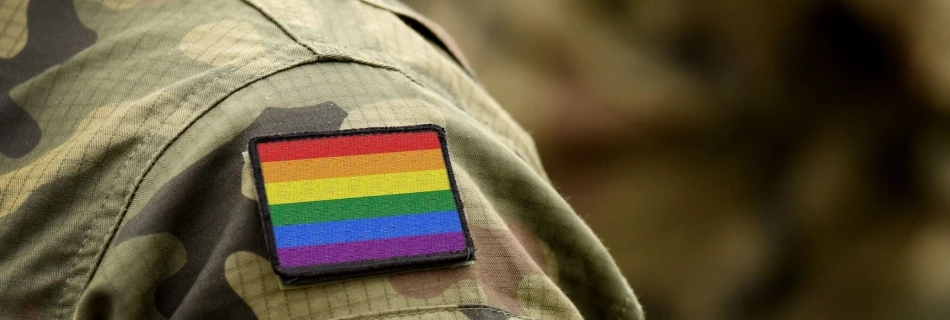
During World War II, homosexuality was considered a criminal offense in most countries, including the United States and the countries of Europe. Gay soldiers had to keep their sexuality hidden and faced the risk of being discovered and punished with dishonorable discharge, imprisonment, or even execution. Despite this, there were many gay soldiers who served their countries with bravery and distinction, including the famous British codebreaker Alan Turing. After the war, many gay soldiers continued to face discrimination and persecution, but their contributions to the war effort should not be forgotten.
Introduction to the Topic of Gay Soldiers in WW2
"Discrimination in the Military"
For many gay soldiers in World War Two, discrimination within the military was an ever-present reality. While homosexuality had long been illegal in many countries, including the US and Britain, during this era it was particularly difficult for anyone who identified outside of heterosexual norms. In the US, homosexuality was a crime punishable by up to 20 years in prison. And within the military, there were strict codes of conduct that enforced discriminatory behaviors against any person suspected to be homosexual.
In many ways, these discriminatory practices were even more extreme for those serving abroad. Soldiers would be subjected to humiliating interrogation methods designed to root out “unacceptable” sexual behavior whenever the military deemed it necessary – often resulting in immediate dismissal from service. Even those who managed to avoid such questioning were subject to prejudicial treatment from their superiors at every turn.
These mistreated gay soldiers bravely served their countries despite facing constant discrimination that went hand-in-hand with their patriotism. They were part of a historical moment where shame prevented social progress from happening; yet still they persisted under entrail circumstances with courage and bravery that set an example of resilience and hope for generations to come.
Historical Context of Homosexuality in the Military
Revealing the Truth About Gay Soldiers in WWII
It is estimated that over 1000 gay men served in the U.S. military during World War II. Although homosexuality was considered a severe form of sexual deviancy prior to the war, many gay men chose to serve their country despite the potential risks associated with being detected as homosexual.
These men did their best to hide their identities due to institutional bias from both within and outside of the military.
For example, army regulations forbade “immoral conduct” such as homosexuality even though this type of “behavior” was not directly addressed on policy documents for much of the war effort.
Unfortunately, those found guilty were subject to dishonorable discharges and other forms of punishment up until 1945 when there was a shift towards greater leniency if homosexuality could be proven not to have been disruptive or detrimental to unit readiness.
Nonetheless, stories remain hidden and it wasn't until 2014 that gay veterans were granted recognition by Congress after sixty-four years since they served in WWII honorably but with little gratitude or respect.
Examples of Gay Soldiers in WW2 and Their Experiences
Despite the fact that homosexuality was illegal in many countries during World War II, there were still many gay soldiers who served their countries with bravery and distinction. One of the most well-known examples is Alan Turing, the British mathematician who helped crack German codes during the war. Turing was gay and was eventually convicted of homosexuality and forced to undergo chemical castration, which many believe led to his suicide.
Another example is the French Resistance fighter Jean-Louis Chavasson, who was openly gay and fought against the Nazi occupation of France. Chavasson was eventually captured and sent to a concentration camp, where he died in 1945.
In the United States, there were also many gay soldiers who served during World War II, although they often had to keep their sexuality hidden for fear of being discharged or even arrested. One such soldier was Leonard Matlovich, who served in the Air Force and was discharged in 1975 after coming out as gay. Matlovich fought his discharge in court and became a symbol of the struggle for LGBT rights in the military.
Despite the discrimination and persecution they faced, these gay soldiers and many others like them made important contributions to the war effort and deserve to be remembered and honored for their bravery and sacrifice.
Discrimination and Persecution Faced by Gay Soldiers During WW2
Despite the fact that homosexuality was considered a crime in most countries during World War II, there were many gay soldiers who served their countries with bravery and distinction. One example is Alan Turing, a British mathematician who played a key role in cracking German codes during the war. Turing was gay, and after the war, he was prosecuted for homosexuality and forced to undergo chemical castration. He committed suicide in 1954, and it was not until 2009 that the British government issued an official apology for the way he was treated.
Another example is Vernon Walters, an American soldier who served as an intelligence officer during the war. Walters was gay, but he kept this a secret throughout his military career. After the war, he went on to have a successful career in the intelligence community and served as a diplomat for several presidents.
Many other gay soldiers served in silence during the war, hiding their true selves for fear of persecution. Some were able to find love and companionship with other soldiers, while others suffered in silence. Despite the challenges they faced, these soldiers made important contributions to the war effort and helped to shape the world we live in today.
The Impact of WW2 on the LGBTQ+ Rights Movement
The impact of WW2 on the LGBTQ+ rights movement cannot be overstated. During the war, many gay soldiers served in the military, often in secret, due to the military's prohibition of homosexuality. However, their contributions to the war effort were invaluable, and many of these soldiers returned home to a society that still viewed homosexuality as a criminal offense.
The war also brought about changes in societal attitudes towards gender and sexuality, as women entered the workforce in large numbers and gender roles began to shift. These changes helped to pave the way for the LGBTQ+ rights movement in the post-war years.
In addition, the war brought about a new sense of community among LGBTQ+ individuals, as they found support and acceptance among their fellow soldiers. This sense of community would continue to grow and develop in the years following the war, as LGBTQ+ individuals began to organize and advocate for their rights.
Overall, the impact of WW2 on the LGBTQ+ rights movement was significant, as it helped to bring about changes in societal attitudes towards gender and sexuality, and provided a sense of community and support for LGBTQ+ individuals who had previously been marginalized and discriminated against.

